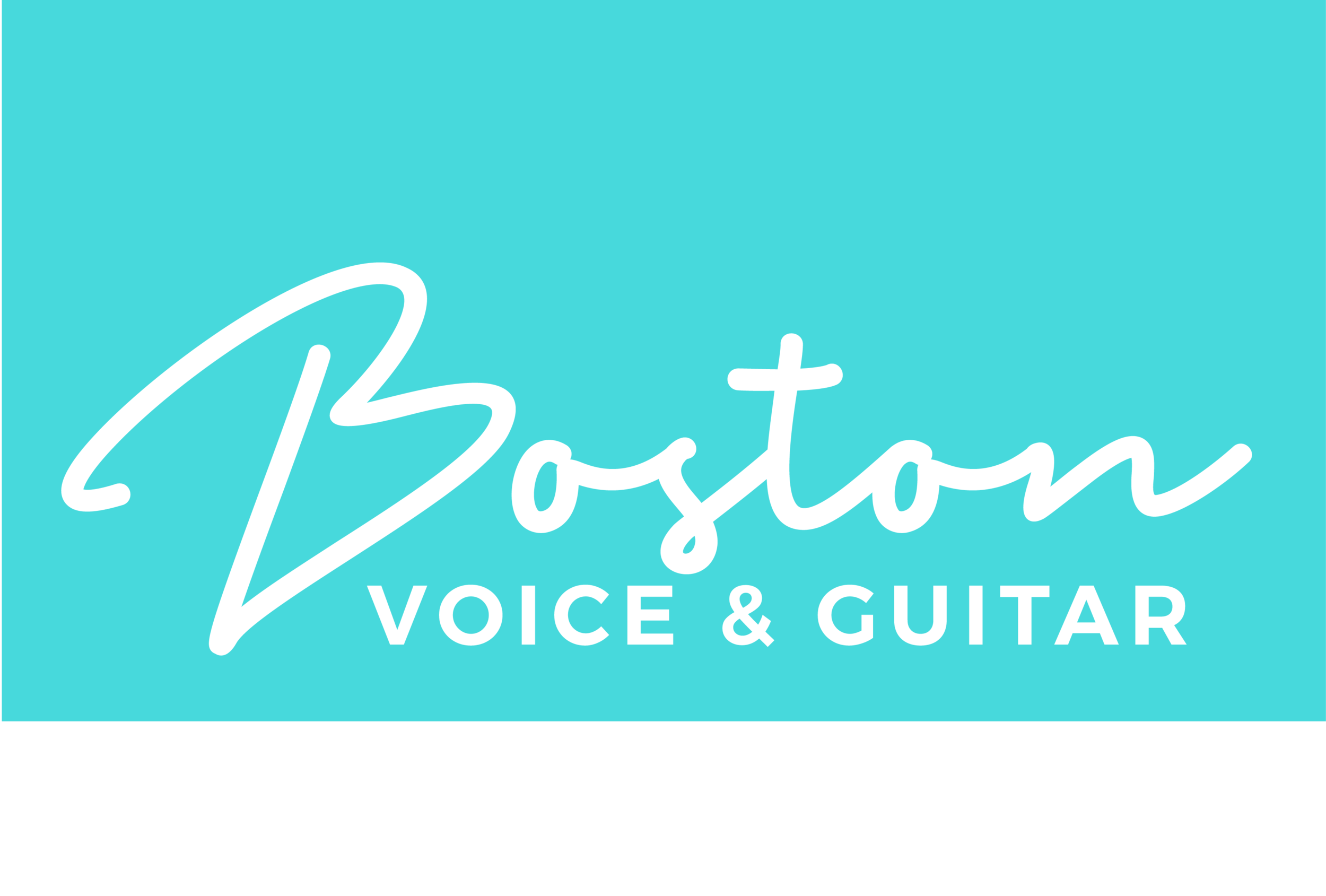Value vs Risk
When it comes to being a professional musician, your perceived value vs your overall risk is held in high standards. Let’s face it. Today, record companies are not doing the artist development work that they used to in the old days. It takes a lot of time, a lot of money, and a lot of resources. In today’s music world, the record companies want you to have your act together before they even consider you as an artist.
So how can you stand out from the competition?
The best way to set yourself apart from the competition is to first not worry about what your competitors are doing. If you spend time concentrating on yourself, your skills and your assets, you will be far better off than most of the competition out there, or at least in your local area.
What is value?
Value is all the good things you can offer or bring to the table when approaching a company or a band. The more valuable you are, the better your chances of being recognized or even considered. Think of it like applying for a job. There are certain credentials you need to have, but there are also some qualities you might have that make you more qualified for the job. For example, a college degree, a specialization in a field, experience with certain programs or software, etc. The better you look and the more stuff you know, the more likely you are going to be offered the position.
Now for a musician, value is not “I can play my instrument well”. Let’s assume that everyone here can play their instrument well, or at least well enough to accomplish working in the music industry successfully. Things that record companies might be interested in are:
Freedom of Time: You can drop everything you are doing at the drop of a dime to go on tour, promote and album, record, or whatever it is that the record company or band needs you to do. If you are offered an opportunity, you need to be able to jump on it immediately or you can kiss it good-bye.
Freedom of Money: You do not need the record company’s money to survive and pay your bills. There are so many musicians out there without money begging record companies to pay them. Do you think they would be more interested in working with the artist that isn’t begging them for money all the time? You bet they would. Find ways to create income for yourself outside of a record deal.
Sober:In the past, record companies put their money on artists that had drug problems and failed. Drugs and alcohol abuse is a big risk for record companies. You could do something stupid to ruin your reputation. You could be more likely to cause trouble for the record companies down the road as well. Do not use drugs or smoke. When you perform, do not drink on stage. I have fired band members for drinking on stage. It’s not professional, so don’t do it.
A Positive Reputation: In this industry, reputation and relationships are king. If you are known as being argumentative, an ego freak, difficult to work with, unprofessional, always last, etc., the likelihood of your getting work is greatly decreased. I know and have heard of many situations in which an individual shot themself in the foot because they developed a bad reputation.
In one situation, there was a woman who had paid to put together an amazing press kit. She recorded a great album and shot a professional music video, She then sent out her press kit and was trying to get some connections in the business. Unfortunately for her, as soon as people heard this woman’s name, they would immediately hang up the phone, ignore messages, and not return e-mails because this woman had a reputation of being a pain in the butt.
You should strive to have a reputation as being pleasant and positive, always going the extra mile to better yourself or projects you work on, as well as acting like an overall professional.
These are just a few things. As an exercise, make a list of your positive values that you offer a record company or a band as well as a list of risks you have (no name recognition, no band experience, no recording experience, unorganized, etc.) Every day, you should work on increasing your value and decreasing your risk.
